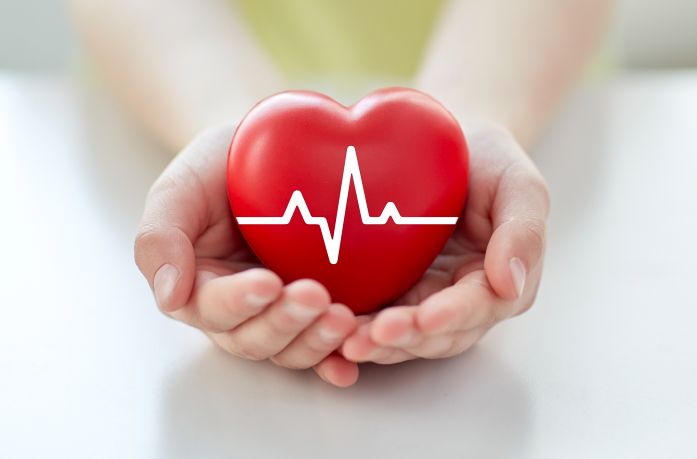Sleep Apnea & Your Cardiovascular Health
April 17, 2025

If you have sleep apnea, you likely already know how frustrating the side effects can be. Feeling tired all day despite getting a “full night’s sleep,” having low energy, and cognitive impairment can all be a big nuisance. But did you know that the potential dangers of sleep apnea go way beyond simple annoyances? If left untreated, this condition can cause serious cardiovascular problems, including sudden death. Here’s how sleep apnea can affect your heart, and why it’s so important to take it seriously.
What is Sleep Apnea?
Sleep apnea is a disorder that affects your breathing while you’re asleep. Essentially, it causes you to stop and restart breathing over and over, making it difficult for your body to get enough oxygen. Apnea episodes typically last about ten seconds and can occur numerous times throughout the night.
There are two main kinds of sleep apnea: obstructive and central. Obstructive occurs when the soft tissue in your throat relaxes and causes problems breathing, while happens when your brain struggles to regulate your breathing.
The main symptoms of sleep apnea include:
- Irregular breathing patterns during sleep
- Loud snoring
- Gasping for air
- Excessive daytime drowsiness
- Headaches in the morning
- Memory and concentration problems
- Mood or behavior changes
- Irritability
- Anxiety / depression
The Link Between Sleep Apnea and Your Heart
Now that you know what sleep apnea is, it’s important to understand the connection between this condition and your cardiovascular health.
Sleep apnea has been found to increase your risk of cardiovascular disease and has also been proven to worsen outcomes from this illness. It has also been connected to increased rates of high blood pressure, coronary artery disease, and stroke. It has also been linked to a condition called left ventricular diastolic dysfunction, which can increase your risk of heart failure.
Sleep apnea can also increase your risk of sudden death, not because of a heart attack, but because the abnormal heart rhythms it generates can cause inflammation and unhealthy changes in the blood vessels as well as lower oxygen levels.
The Importance of Treating Sleep Apnea
If you experience any of the above symptoms or have already been diagnosed with sleep apnea, it is important to seek treatment as soon as possible. With options like oral appliance therapy and Nightlase Laser Airway Management, many patients find noticeable relief and can sleep comfortably, safely, and soundly, thereby lowering their risk of suffering from cardiovascular side effects.
If you are concerned about sleep apnea or your cardiovascular health, speak to your sleep dentist today about your options, and protect your heart and peace of mind.
About Dr. Jariwala
Dr. Kinnari Jariwala earned her dental degree from the University of Missouri-Kansas City School of Dentistry and has since focused on continuing her education in the areas of sleep and TMJ medicine. She is a current, active member of the American Dental Association, New Mexico Dental Association, Academy of General Dentistry, American Board of Dental Sleep Medicine, American Academy of Craniofacial Pain, and the American Board of Craniofacial Dental Sleep Medicine. To schedule an appointment for sleep apnea treatment at the Center for Dental Sleep Medicine and TMJ of New Mexico, please visit our website or call us today at 505-433-2107.
No Comments
No comments yet.
RSS feed for comments on this post.
Sorry, the comment form is closed at this time.
